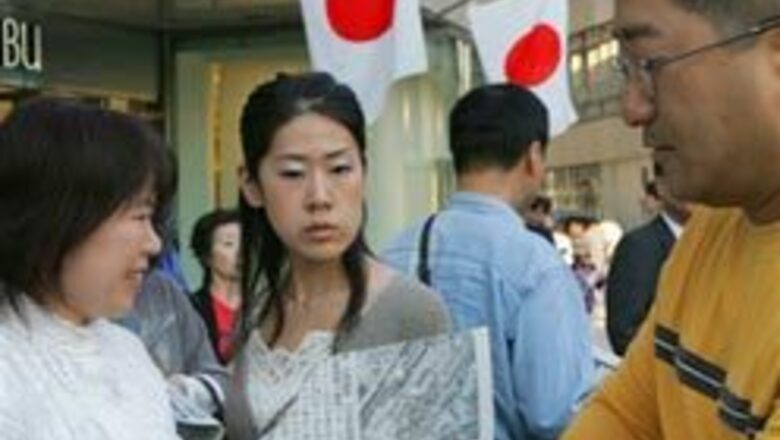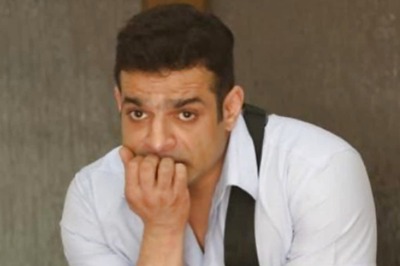
views
New Delhi: India on Monday deplored the nuclear tests conducted by North Korea saying it jeopardised peace and stability in the region.
New Delhi said that the tests highlight "dangers of clandestine proliferation".
"We are deeply concerned at the reported nuclear tests conducted by DPR Korea," External Affairs Ministry spokesman Navtej Sarna said.
"It is unfortunate that DPRK has conducted such a test in violation of its international commitments, jeopardising peace, stability and security on the Korean peninsula and the region," Sarna added.
Sarna said New Delhi was monitoring the situation and was in close touch with several countries.
World condemns North Korea
North Korea's claim to have tested a nuclear weapon drew widespread condemnation on Monday, with Australia calling it an outrage and even close ally China saying it resolutely opposed the test.
North Korea's official Korean Central News Agency said the communist country's first-ever nuclear test, an underground explosion, was successfully performed on Monday “with indigenous wisdom and technology 100 per cent.”
The US and Australia called for immediate UN Security Council action.
Beijing, a long-time supporter of the North but also the host of international talks aimed at persuading the fellow communist country to give up its nuclear ambitions, strongly criticised the move.
“China resolutely opposes the North Korean nuclear test and hopes that North Korea will return to the six-nation talks,” according to a Chinese Foreign Ministry statement read out on state television news. “Upholding the stability of Northeast Asia is in the interests of all parties.”
China, Japan, Russia, South Korea and the United States have held intermittent talks with North Korea since 2003 in hopes of getting Pyongyang to abandon nuclear weapons in exchange for aid and security guarantees.
Australian Prime Minister John Howard said his government would call on the UN Security Council to take “swift and effective action” against North Korea, including financial, trade and travel sanctions.
“But if the United Nations fails to act effectively against this outrage from North Korea, it will represent a further diminution of its authority,” Howard said.
A Security Council resolution adopted in July after a series of North Korean missile launches imposed limited sanctions on North Korea and demanded the country rejoin international nuclear talks. But North Korea immediately rejected the plea.
Strong criticism also came from South Korea, which shares the world's most heavily armed border with North Korea.
“The North's nuclear test is a provocative act and the North must clearly assume all responsibility,” head of the ruling Uri Party, Kim Geun-tae said.
South Korea's presidential spokesman, meanwhile, said Seoul will “sternly respond”.
Seoul's Defense Ministry said the military's alert level had been raised in response to reports of the test.
Meanwhile, Japan's new Prime Minister Shinzo Abe, who is in South Korea on Monday for the first summit between the neighbours in a year, called for a coordinated and level-headed response.
“Although the test still needs to be confirmed, there must be a calm yet stern response,” Abe said at a luncheon just prior to the summit. “It is important for Japan and South Korea, along with the United States and China, to work together and send a message to the world.”
Abe, who assumed office just two weeks ago, was in Seoul after a summit in China, where he and President Hu Jintao agreed that a test by North Korea would be “intolerable” and vowed to work to persuade Pyongyang to return to multilateral talks aimed at getting it to abandon its nuclear ambitions.




















Comments
0 comment